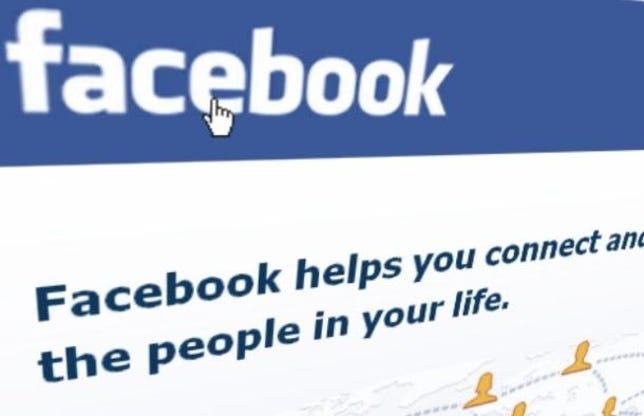
CNET
Facebook is the latest social-media company to face trouble in Turkey.
Following an order by a Turkish court, the popular social network has blocked pages considered insulting to the Prophet Muhammad, The New York Times reported Monday, citing a company employee with direct knowledge of the matter.
The court on Sunday threatened to ban access to the entire site if Facebook did not comply with the order. The court order followed a request by a prosecutor.
Facebook had faced a tricky situation that has confronted other companies such as Twitter and Google. Already popular in developed markets, the social network needs to expand its presence in emerging markets to grow globally. But such emerging markets as Turkey present a challenge as their governments exert control over what is accessible over the Internet. When faced with an order to take down certain content, does Facebook remove the material that’s deemed offensive to keep its network up and running? Or does it resist the government’s order to take down the material and risk having its entire network blocked in that country?
In March, Turkey took Twitter offline after recordings appeared on social media of conversations allegedly between Turkish President Tayyip Erdogan and his son, in which the two discussed the topic of how to hide vast amounts of money.
A week after Twitter was taken down, YouTube was blocked apparently because the video site reportedly ignored requests from the Turkish government to remove videos that put Erdogan in a bad light. After two weeks, Twitter was turned back on following a ruling from Turkey’s constitutional court that called the two-week-old ban a violation of free speech and individual rights. YouTube also came back to life after a week — at least partially. Fifteen videos were to remain blocked, according to a court ruling. It took two months before the site was fully up and accessible.
Rather than resist the court order, Facebook reportedly blocked the unspecified number of pages in question less than 24 hours after it was issued, according to Mashable, citing an anonymous source familiar with the matter.
“In comparison with Twitter and YouTube, Facebook cooperates with the Turkish authorities much better,” Yaman Akdeniz, a cyberlaw professor at Bilgi University in Istanbul, told the Times. “Therefore, it’s not surprising that Facebook removed these pages right away.”
Faceboook did not immediately respond to CNET’s request for comment or confirmation. But in a post earlier this month, Facebook CEO Mark Zuckerberg wrote about censorship in light of the terrorist attack against French newspaper Charlie Hebdo that left more than a dozen people dead:
A few years ago, an extremist in Pakistan fought to have me sentenced to death because Facebook refused to ban content about Mohammed that offended him.
We stood up for this because different voices — even if they’re sometimes offensive — can make the world a better and more interesting place.
Facebook has always been a place where people across the world share their views and ideas. We follow the laws in each country, but we never let one country or group of people dictate what people can share across the world.
Yet as I reflect on yesterday’s attack and my own experience with extremism, this is what we all need to reject — a group of extremists trying to silence the voices and opinions of everyone else around the world.
I won’t let that happen on Facebook. I’m committed to building a service where you can speak freely without fear of violence.
My thoughts are with the victims, their families, the people of France and the people all over the world who choose to share their views and ideas, even when that takes courage. #JeSuisCharlie




